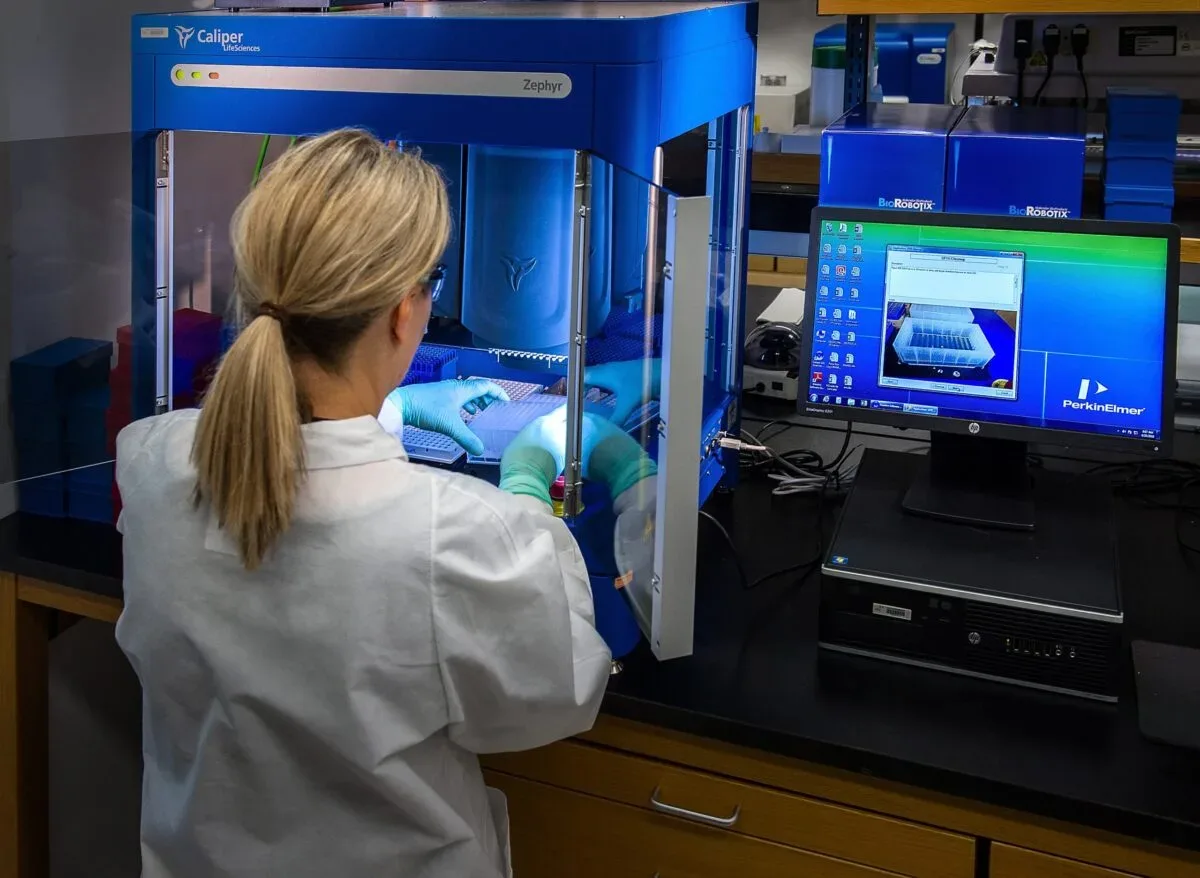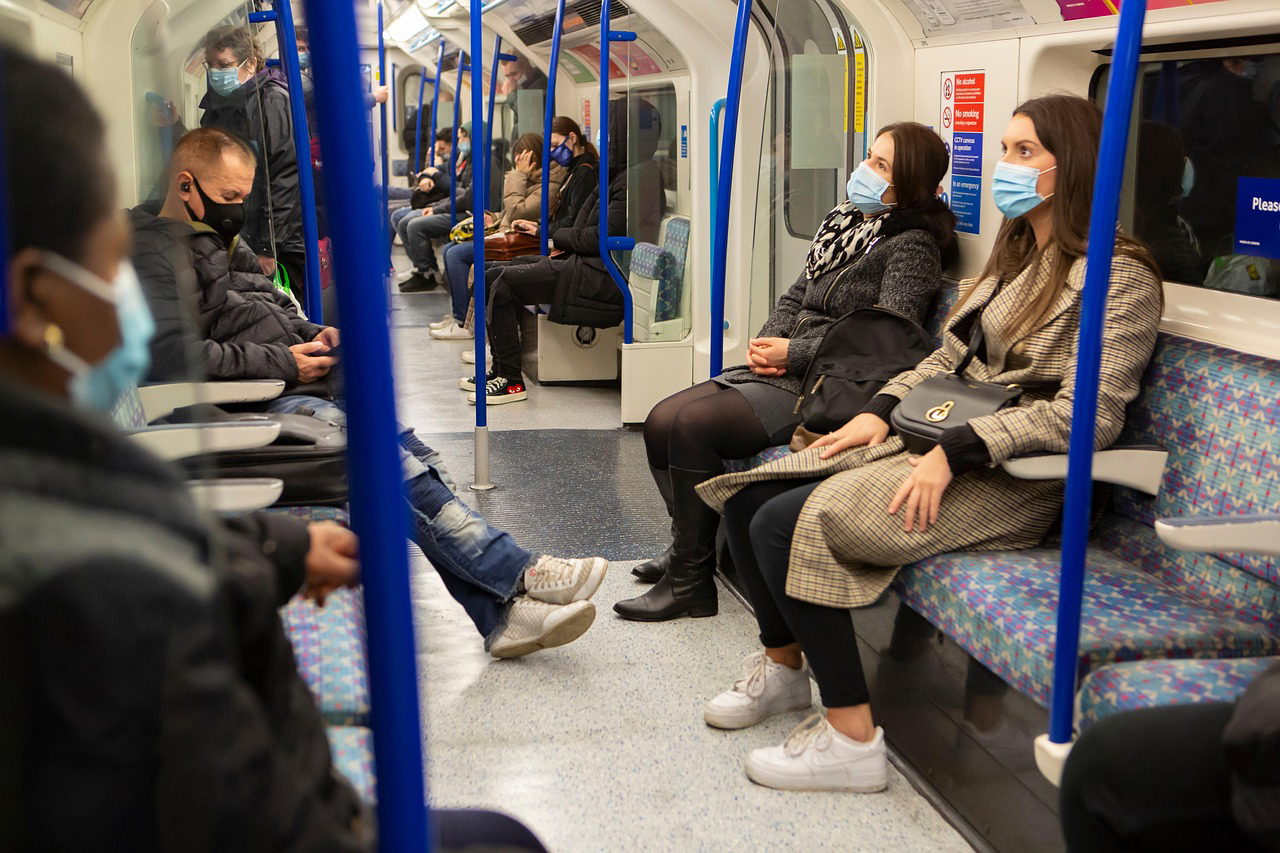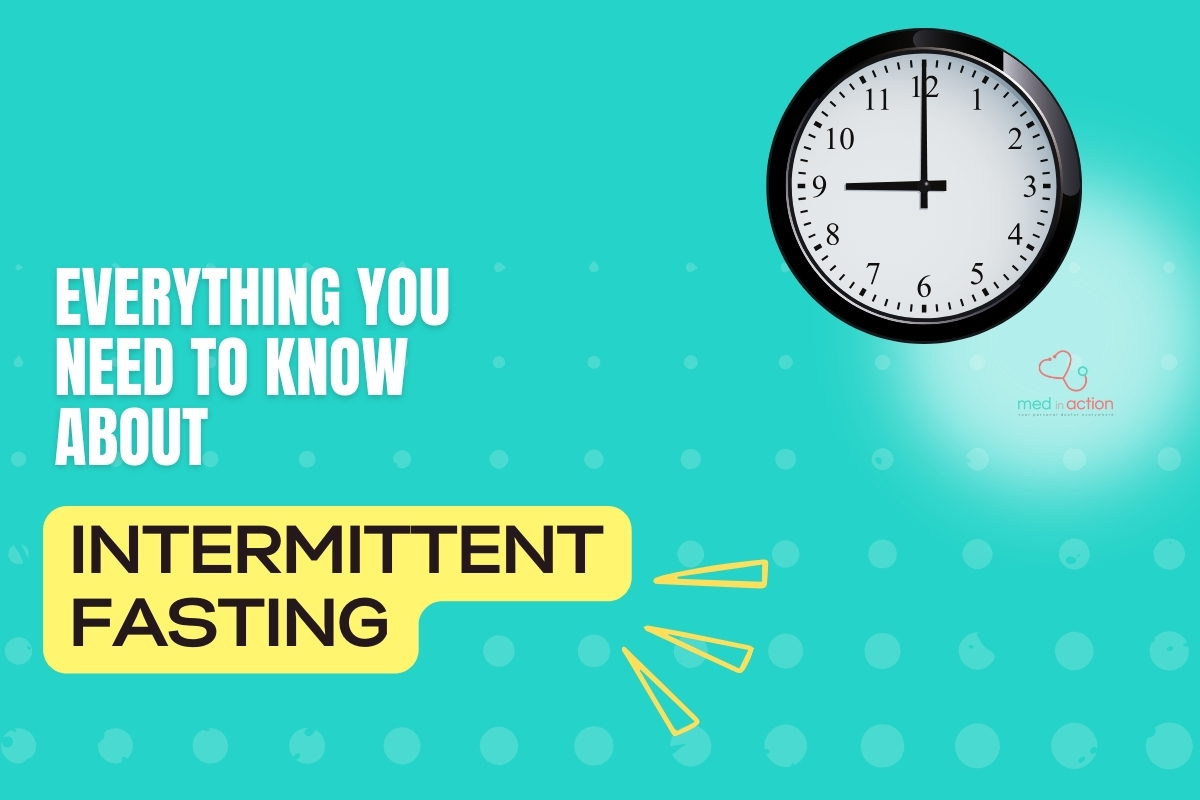COVID-19 testing in Italy
Recently, we have received many questions about testing for COVID-19 and so we felt the need to better explain, to all our community, the purpose of testing and how it works. At the moment, as of 19 April 2020, the only way to diagnose coronavirus and determine if a person is actively contagious is through a nasopharyngeal swab RT-PCR (swabbing the nasal cavity) and not a serological rapid test (blood test). It is very important to understand the difference between testing methods and the purpose of each test.
Swab tests for coronavirus
COVID-19 RT-PCR – SWAB TEST CORONAVIRUS, (real-time reverse transcription polymerase chain reaction) detects the virus during the infectious period, when the patient is exhibiting the symptoms, and when the patient is contagious to others. How does it work? The nasopharyngeal swab collects mucous, saliva, and cells where inside should be the viral RNA ( SARS COV 2 ) . The swab is send to a laboratory. Where a laboratory Professional, will work the sample and will make thousands of copies of any genetic material in the samples. Usually the results are ready between few hours to 1-2 days, in the end It will be positive or negative for Covid 19. The PCR Covid 19 test can be for patients having symptoms and also for patients that have no symptoms.
Serological test, or blood test for Covid-19
The SEROLOGICAL RAPID TEST, is tested on blood, it is a different testing modality and type than RT-PCR. The Serological test is used to detect the antibodies, IGG-IGM, into a patient’s blood sample after exposure to the virus, after the infection. The antibodies detected by this test indicate that a person had an immune response to SARS-CoV-2, whether symptoms developed from infection or the infection was asymptomatic, from CDC.
Very important to remember that the serological test is not meant to detect the virus during the infection (acute cases). So if a patient shows symptoms of COVID-19 this is not the proper test to use. It cannot quickly diagnose acute infection.
Please contact your doctor to receive a proper assessment and pertinent recommendation about what to do exactly.
Right now, the serological rapid test can only tell us if a person has been previously exposed to the virus, but it cannot determine if a patient is currently infected or still contagious. At moment, the only test able to do that is the Nasopharyngeal Swab RT-PCR. Serological tests are also not very accurate and they can give cross-reactions and therefore show false positive results.
On April 8, the World Health Organization issued the following statement, WHO applauds the efforts of test developers; However, before these tests can be recommended, they must be validated in the appropriate populations and settings. They continue saying: At present, based on current evidence, WHO recommends the use of these new point-of-care immunodiagnostic tests only in research settings. They should not be used in any other setting, including for clinical decision-making, until evidence supporting use for specific indications is available. Here the full article from WHO
Based on current data, WHO does not recommend the use of antibody-detecting rapid diagnostic tests for patient care but encourages the continuation of work to establish their usefulness in disease surveillance and epidemiologic research.
The Food and Drug Administration, (FDA website) explained the exact purpose of the serological test: Serological tests can play a critical role in the fight against COVID-19 by helping healthcare professionals to identify individuals who have overcome an infection in the past and have developed an immune response. In the future, this may potentially be used to help determine, together with other clinical data, that such individuals are no longer susceptible to infection and can return to work.
Lets not forget this is a new virus and the scientific community is still studying day by day hardly the virus, working no-stop to find more answers for the world. We need to continue to trust in our health professionals, follow the recommendations from the experts, and support each-other.
Just last Friday 17 april 2020 the WHO released another Live media briefings on COVID-19, (see minutes 29 to 33 minutes): https://www.who.int/emergencies/diseases/novel-coronavirus-2019/media-resources/press-briefings#
Dr. Maria Van Kerkhove, head of WHO’s emerging diseases and zoonosis unit said : “These antibody tests will be able to measure that level of serology presence, that level of antibodies, but that does not mean that somebody with antibodies is immune… What the use of these tests will do, will measure the level of antibodies. It’s a response that the body has a week or two later after they’ve been infected with this virus. Right now, we have no evidence that the use of a serological test can show that an individual is immune or protected from reinfection.”
We all need to remember the facts, this is a new virus and the scientific – medical community is still learning about the COVID-19. We need to be patient and continue to follow and trust into the advices of the medical professionals and follow the right sources, there are too many myth out there WHO created a specific page for them, we will continue to update and be update
This is a list of website we rely on :
WHO: https://www.who.int/emergencies/diseases/novel-coronavirus-2019
CDC: https://www.cdc.gov/coronavirus/2019-ncov/index.html
Ministero della Salute: http://www.salute.gov.it/nuovocoronavirus
As of 24 April 2020, no study has evaluated whether the presence of antibodies to SARS CoV-2 confers immunity to subsequent infection by this virus in humans.
Laboratory tests that detect antibodies to SARS-CoV-2 in people, including rapid immunodiagnostic tests, need further validation to determine their accuracy and reliability. WHO continues to review the evidence on antibody responses to SARS-CoV-2 infection.
At this point in the pandemic, there is not enough evidence about the effectiveness of antibody-mediated immunity to guarantee the accuracy of an “immunity passport” or “risk-free certificate. As new evidence becomes available, WHO will update this scientific brief.
https://www.who.int/news-room/

Please continue to follow: hygienic measures, social distancing, avoid touching eyes, nose and mouth; Practice respiratory hygiene, If you have fever, cough and difficulty breathing, seek medical care immediately and early on. Stay informed and follow advice given by your healthcare provider. We must trust in the scientific community, working hard everyday. Soon, we will have more data that will shed light on how to move forward and successfully end the pandemic. It is just a matter of time and more answers will come probabily one or or two weeks should be enough to understand better many more things. We are all working very hard and soon we will win the fight against COVID-19.
Thank you we will keep you updated!.
[su_divider top=”no” divider_color=”#f97575″ size=”1″]Ask for an advice from an expert. Insert your data, you will be contacted shortly!
[wpforms id=”14577″ title=”false” description=”false”]



